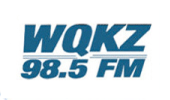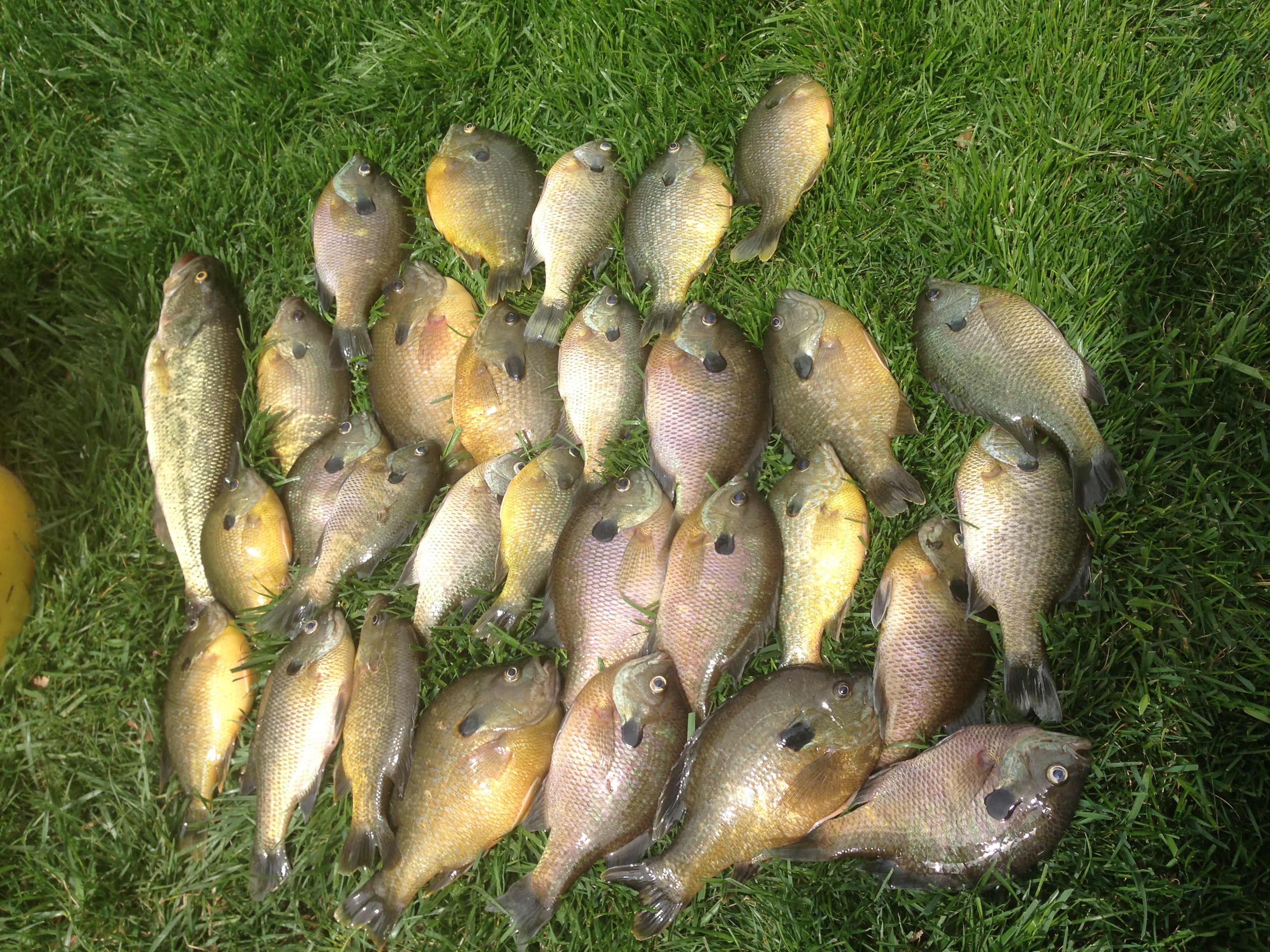Patoka Sportsman 6-20-20
Patoka Sportsman 6-20 & 6-21-20
Patoka Lake Bowhunters will host a 30 Target 3-D Archery Shoot on Sunday June 21st at Patoka Lake Archery Range near Wickcliffe. Participants should use the Main Entrance at Patoka Lake off State Road 164. Registration is from Daylight - Noon. Shooting fees are $10.00 for nonmembers, and $5.00 for youth (age 11-17), Cubs 10 and under along with Active Military will shoot for free. For more information call 812-309-9373
Judd Linette and Gabe Verkamp started out fishing some Indiana Bass Federation Youth/High School South Tournaments last year. With 3 first place finishes and 3 big bass awards for the season.
To finish the season, they finished the Student Angler Federation Championship on Brookville June 14, 2020. The duo had a 5 fish limit for 11lbs 12oz and a big bass 3lb 4oz for the tournament. Naming these 2, The 2020 Indiana High School Fishing TBF Student Angler Federation STATE CHAMPIONS! They are headed to Lacrosse Wisconsin to fish the National and World Tournaments.
All 2019-20 basic hunting, basic fishing, hunt/fish combo, youth licenses, and stamps set to expire March 31, 2020 are now valid until the end of June. After that, you will need a 2020-21 license and/or stamp to hunt, fish, or trap. Keep a printed or electronic copy with you while hunting or fishing. If you do not have a 2019-20 annual license or stamp, a 2020-21 annual license is required. One hundred percent of your purchase goes directly toward the conservation of Indiana’s fish, wildlife, and their habitats. Purchase online at on.IN.gov/INhuntfish.
The Indiana Department of Natural Resources has adjusted services, events and operations to protect Hoosiers and prevent further spread of COVID-19. Outdoor activities, and travel to and from those activities, are still permitted. These include camping, hiking, fishing, boating, birding, hunting, horse and bicycle riding and geocaching. On DNR properties, some services and facilities are temporarily closed. Hoosiers should follow posted restrictions and practice social distancing. Read more about the Governor’s Executive Orders.
All DNR properties including state parks, state forests, fish and wildlife areas, nature preserves and state recreation areas are OPEN. However, some services and facilities are temporarily closed. See below for list.
All DNR properties are charging entrance fees per normal practice. A full breakdown of entrance and other fees can be found at stateparks.IN.gov/ 5062.htm.
Several DNR properties are experiencing high use during summer 2020. Some have reached parking capacity for day use on busy weekends, and gates have been closed, or vehicles admitted only when others leave. For real-time information, follow Indiana State Parks on Twitter (@INDNRstateparks ) or (@INdnrstateparksandreservoirs) . You may also wish to follow your favorite property on Facebook. View a list of DNR social media accounts.
- The DNR’s public outdoor swimming pools will remain CLOSED for the 2020 summer season due to limitations in the ability to practice social distancing on the confined space of pool decks. Playgrounds, fire towers, and other similar facilities - CLOSED.
- Drinking fountains - OFF.
The DNR urges the public to do business with them online and by phone. The DNR Customer Service Center staff can answer questions and sell annual state park passes, DNR lake permits and hunting/fishing licenses at 317-232-4200 or 877-463-6367. Hours are 8:30 a.m. - 4 p.m. Monday through Friday.
Online and phone options include:
- Buy hunting and fishing licenses at Indiana Fish & Wildlife Online License System
- Make or change State Park Inns reservations online or by phone at 877-LODGES1 (1-877-563-4371). Call center is open 8 a.m. to 8 p.m. daily.
- Make or change campground reservations online or by phone at 866-622-6746.
- Buy annual state park passes, lake permits, horse tags and off-road riding permits at ShopINstateparks.com and at DNR property entrance gates.
DFW fisheries biologists conduct surveys to monitor fish populations and inform management recommendations. To collect fish, biologists use a variety of methods, depending on survey objectives. Fish surveys are conducted from when ice is gone in March, through November.
By using multiple methods to catch fish, biologists can obtain a snapshot of the entire fish community. The most common survey type in May and June uses three methods. The first collects the majority of near-shore fish with electrofishing during which fish are temporarily stunned and netted by using a measured electrical current in the water. For the second, biologists use trap nets extending from the shore to a basket. Nets are set perpendicular to the shore, collecting fish moving overnight nearby. Trap nets often collect more and larger panfish than electrofishing does. The third method uses gill nets, which are set off shore, often near drop-offs. These nets entangle fish that typically do not come close to shore such as shad, suckers, and bullheads. All fish are placed in a livewell, where they are sorted, counted and measured before being released back into the water.
Survey reports are available for different lakes on the Where to Fish map or you can contact your district fisheries biologist for more information.




